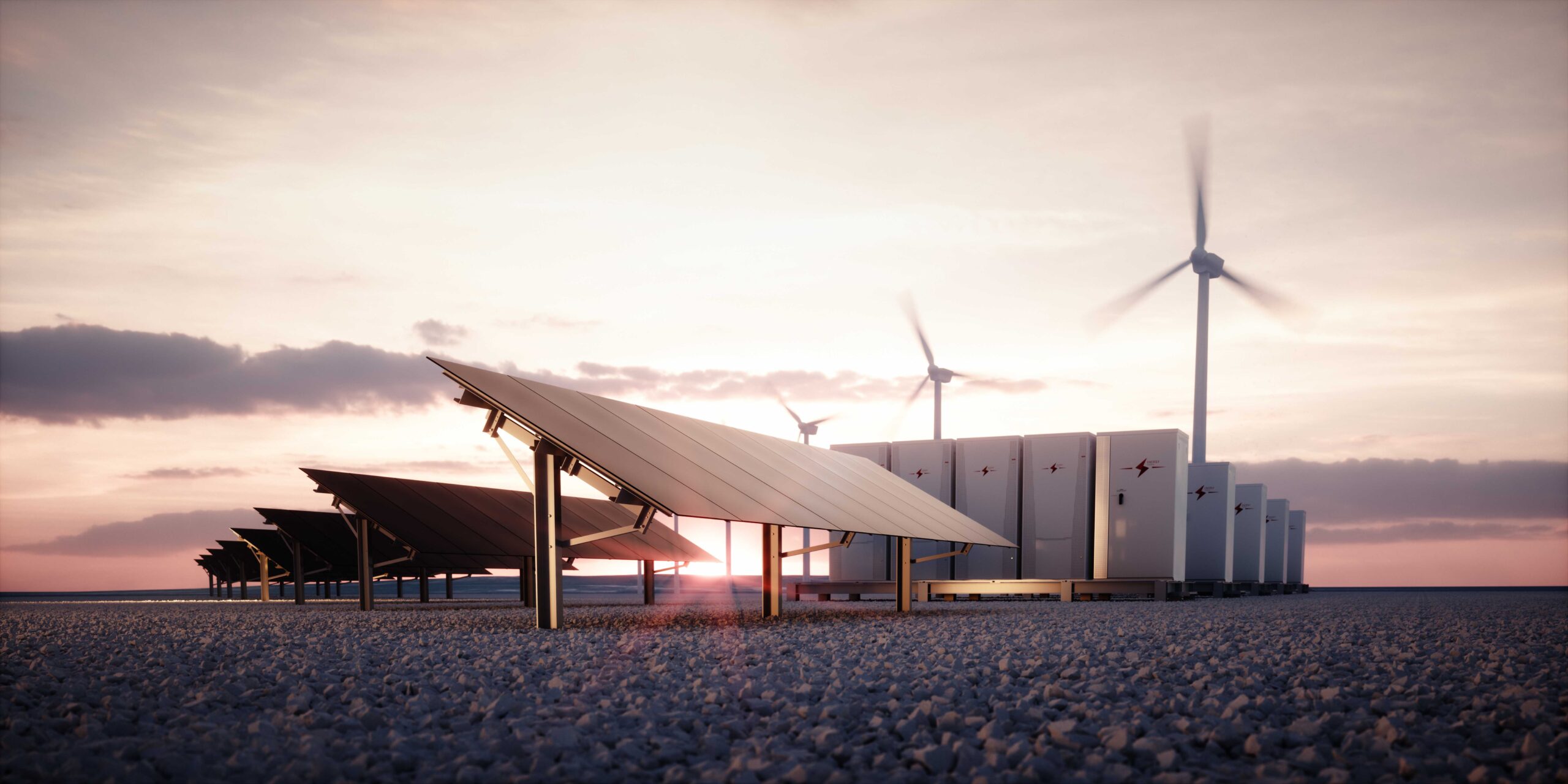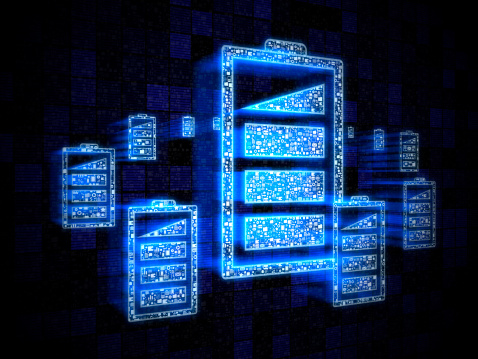
By Rajiv Pandya, President | March 2021
Texans endured a traumatic winter freeze event this past February that left millions of people in desperate need for water, warmth, and electricity due to the failure of the state’s electrical grid.
As a result, there has been a massive surge in interest by Texans for backup power for their homes and businesses. People were desperate for solutions to keep the lights on, run their space heaters, connect to the internet, charge their phones and laptops, and run necessary appliances like the fridge or stove. Many people also had larger needs that require greater amounts of energy for HVAC units, pool equipment, and sump/well pumps.
People all over the state of Texas have been looking into traditional gas-powered generators, but there are some dangers and downsides to them. As a safe and reliable alternative, Texans should strongly consider a solar battery, which is an energy storage device that is charged by on-site solar panels. Unlike gas generators, that are only useful when there is a grid power outage, a solar battery is a source of distributed generation that can work year-round.
If we assume in a typical year there are a total of 3 full days (or 72 hours) of power outage from your electric utility, that only represents less than 1% of time in a year. A solar battery, on the other hand, will not only work for you during that critical 1% power outage period, but it also works during the other 99% of the year to create value and save you money by:
Backup generators create their own electricity by burning fossil fuels like propane, natural gas, or diesel. From a sound perspective, they range from loud to extremely loud, with the noise pollution from them remaining consistent throughout the entire outage period. Also, gas generators (especially diesel) emit dangerous exhaust fumes and emissions such as nitrous oxide, carbon monoxide, particulate matter, and other hydrocarbons.

We all know carbon monoxide poisoning is a very serious risk to human health; fortunately, newer gas generator models have built-in sensors that trigger an automatic shut-off if carbon monoxide levels reach a hazardous level. Due to the emissions created by gas generators, they are recommended to be outdoors and 20 feet from the home or business, which may not be possible depending on an individual or company’s lot size. Solar batteries, on the other hand, are virtually silent, create no harmful emissions, and can be mounted on any wall of your property.
Maintenance and the reliable supply of gas or liquid fuel are additional concerns related to generators. Typically, a gas generator needs to be serviced and tested once a month to make sure it is fully lubricated and in good working order. This can be burdensome to keep up with and is often neglected. Lack of proper ongoing maintenance by the owner can result in generator failure during times when they are needed most. For diesel and propane gas generators, the backup duration time is limited by the amount of supply available on hand.
For natural gas generators fed by an underground line, the supply is continuous and less risky than fuel that needs to be “trucked in.” However, the supply of underground gas lines can be disrupted or shut off by the utility companies during extreme temperature events (as most Texas gas power plants experienced during the recent freeze), hurricanes, tornadoes, fires, and earthquakes. While solar batteries do require limited proactive maintenance (mainly cleaning of the solar panels if there is little rain), maintenance is generally nominal since solar and battery storage systems have no mechanical or rotating parts, and “the brains” of the system are in the associated electronics and software. Even with the supply of sunshine potentially reduced during extreme weather events, solar panels can still generate at a 50% capacity on a cloudy day. As long as your household consumption is equal to your solar energy system’s average daily output, your solar battery will continue to recharge itself, and you can run “off-grid” indefinitely.
These capabilities are possible because solar batteries are run by “smart” devices that can seamlessly control the flow of electricity instantaneously in a way that allows you to produce, store, and consume your own electricity, while dramatically reducing your dependence on the electric grid and local utility services. Traditional gas generators on the other hand take several seconds to turn on, have no smart interoperability with the grid, and even during an outage are dependent on the grid for sources of fossil fuel to operate.
Despite the fact that batteries prices have plummeted 89 percent over the last decade, the upfront capital cost of a gas generator is still currently less than an equivalently sized solar battery system. However, with battery storage being eligible for the Federal Investment Tax Credit when coupled with solar (reducing the cost basis by 26%) and being exempt from Property Tax in Texas, the money saving features of a solar battery during year-round regular usage can make it a more cost-effective and beneficial investment than a gas generator from a long-term and holistic perspective.
SHINE Partners is a developer of solar battery projects in Texas and the USA for commercial and industrial scale customers. For more information about renewable energy and solar power, visit www.shine.partners.